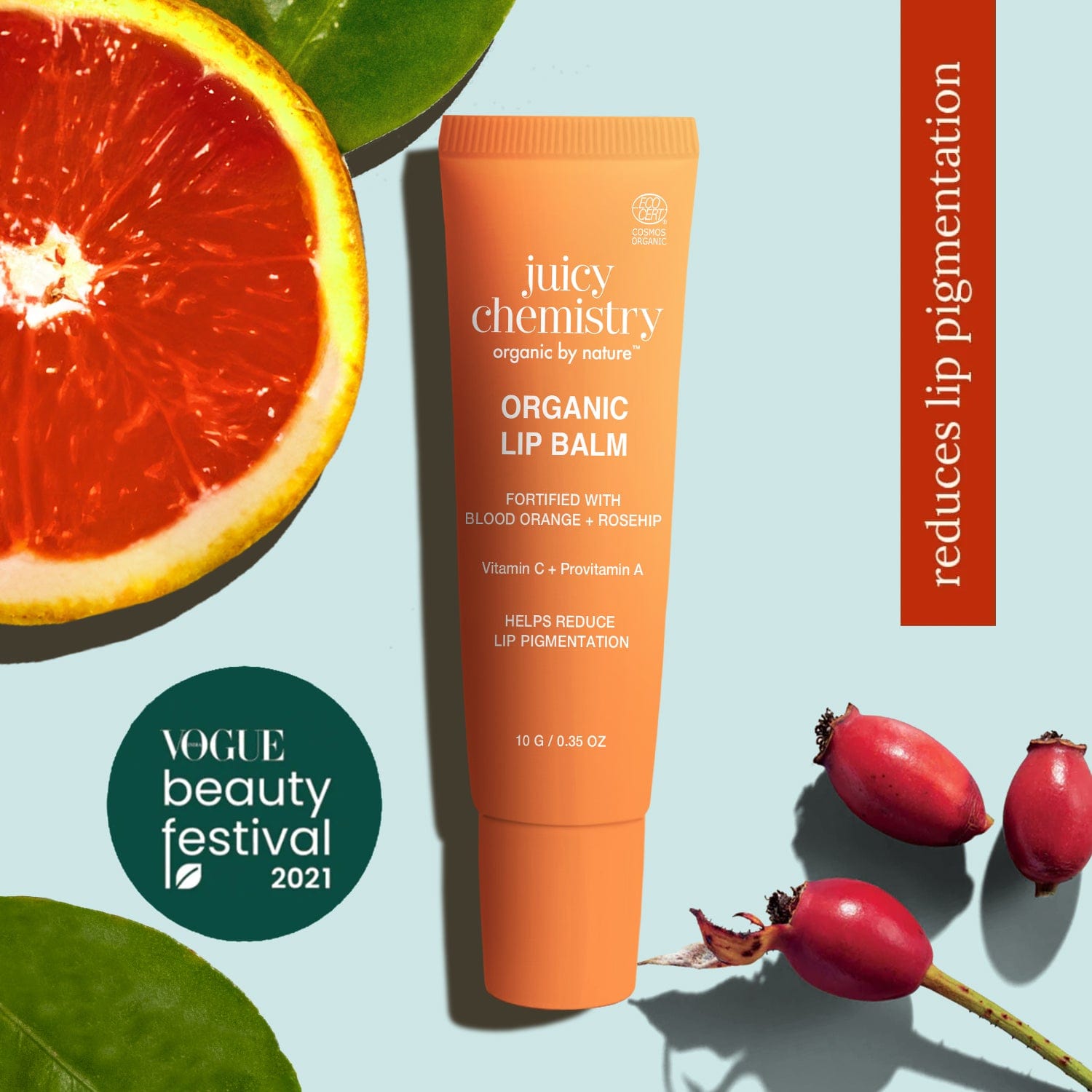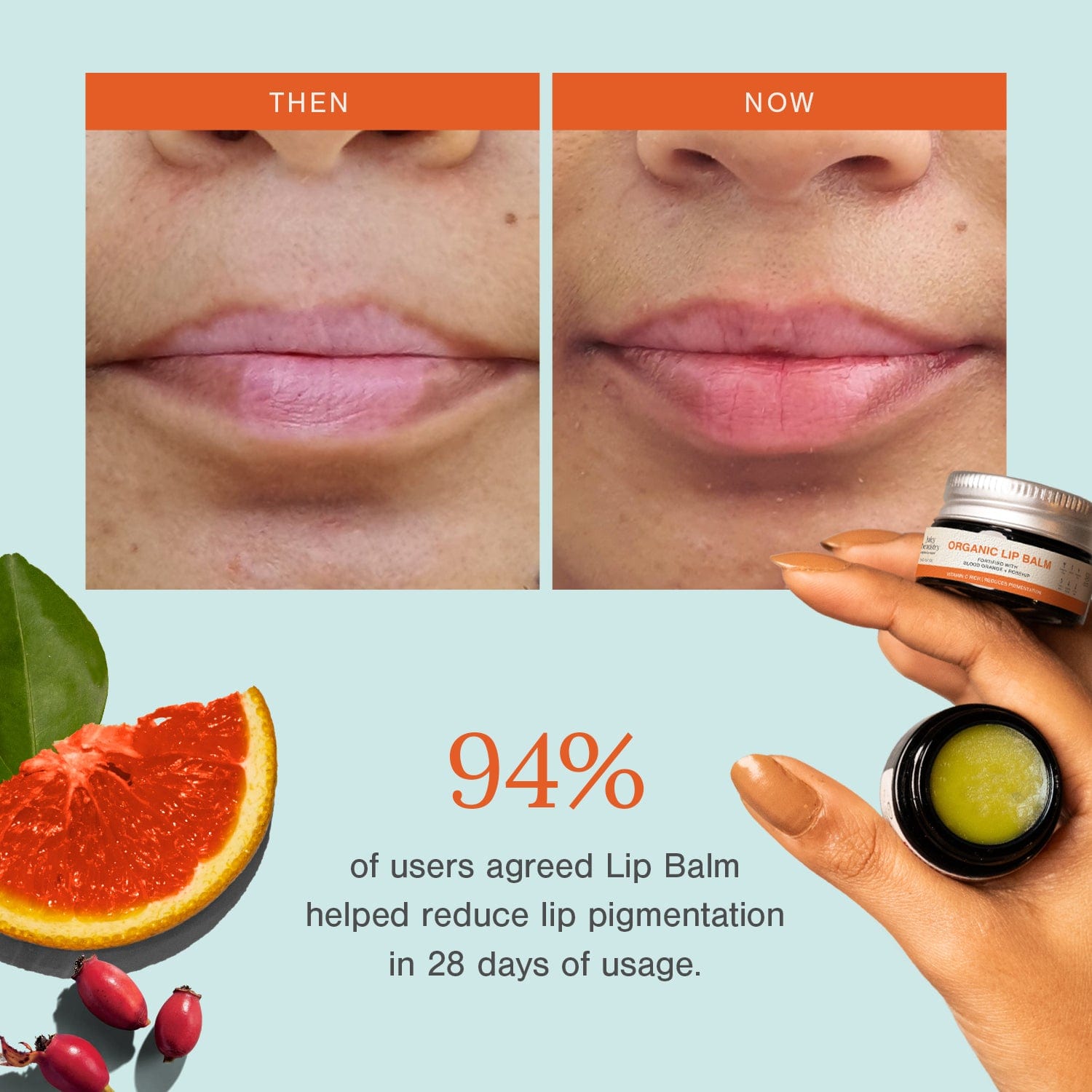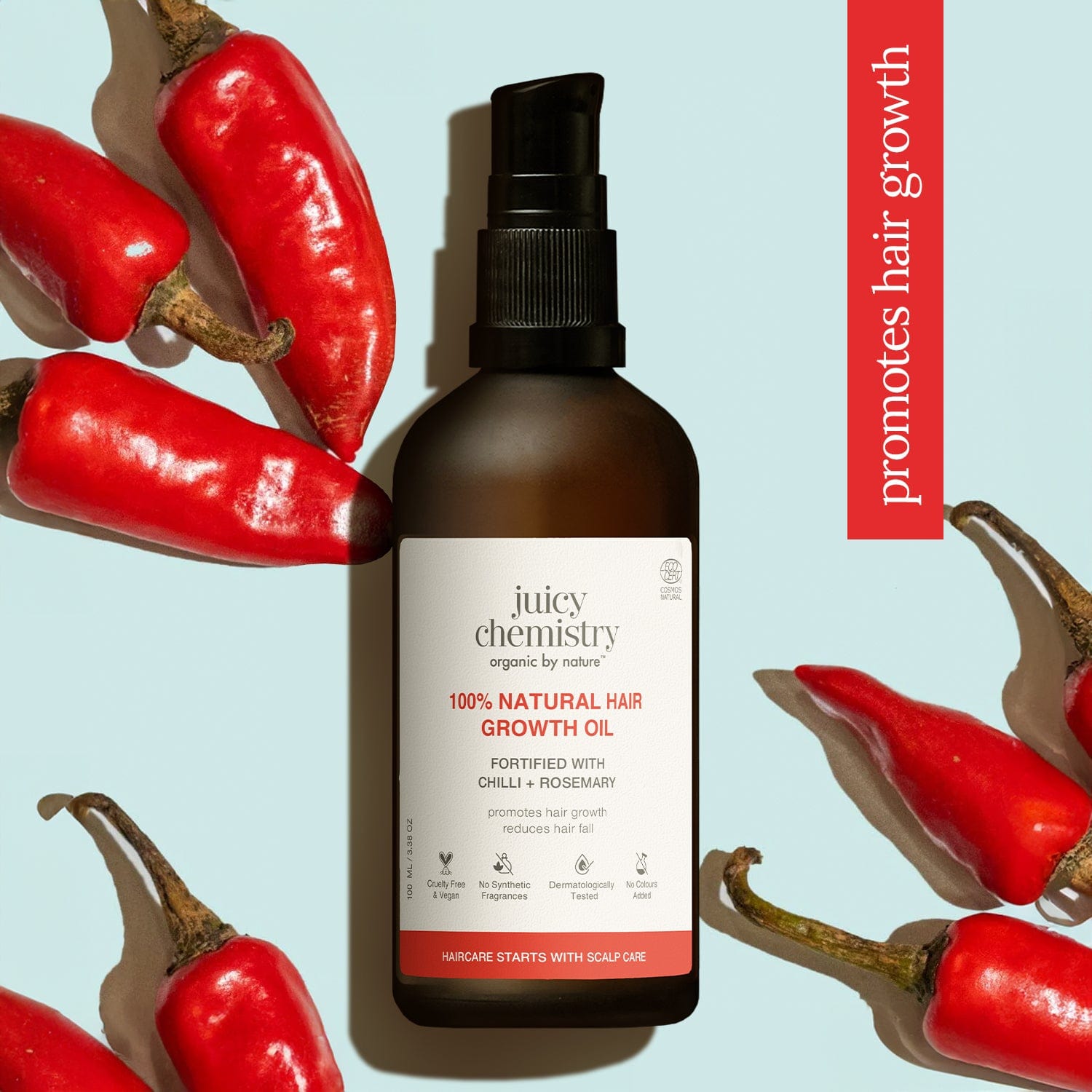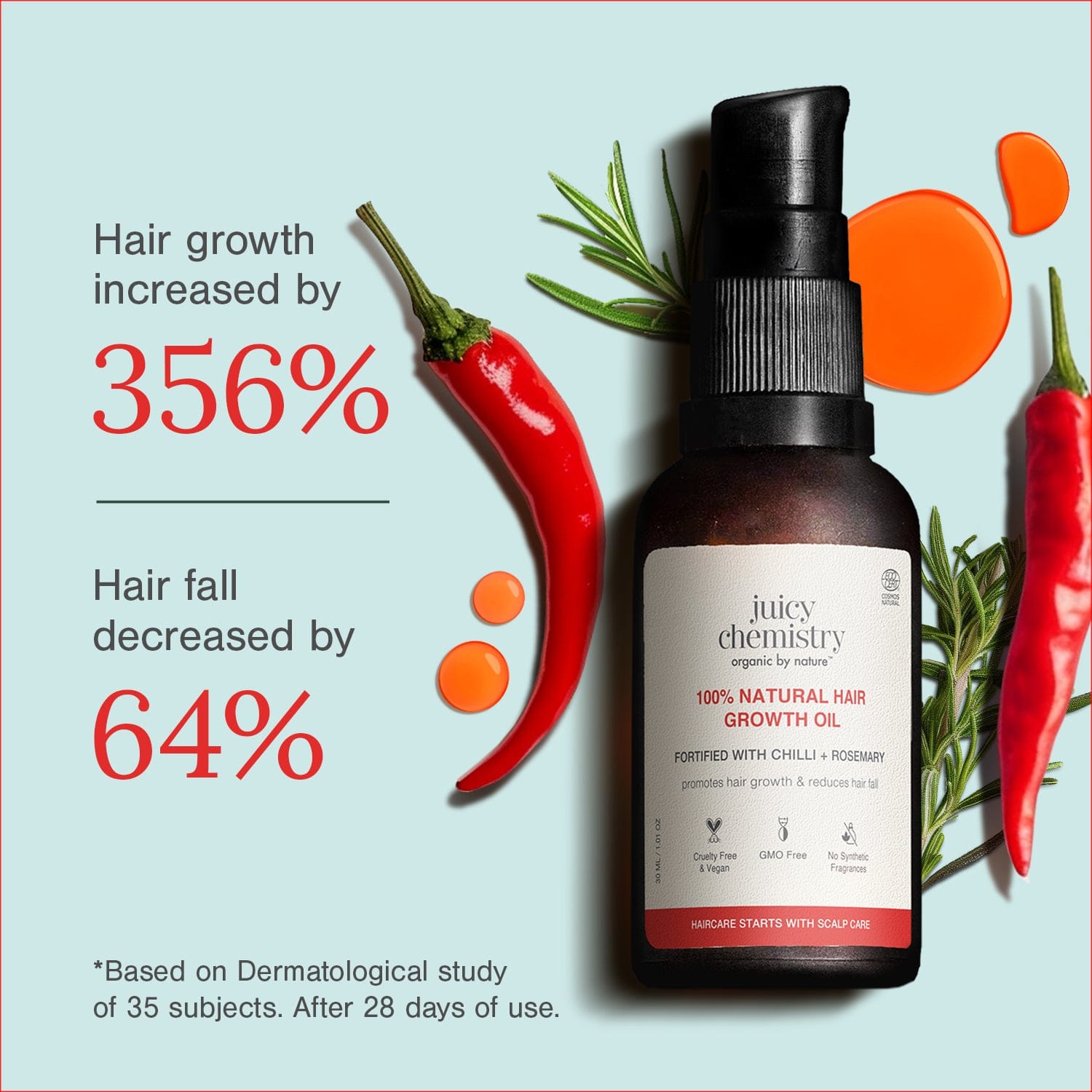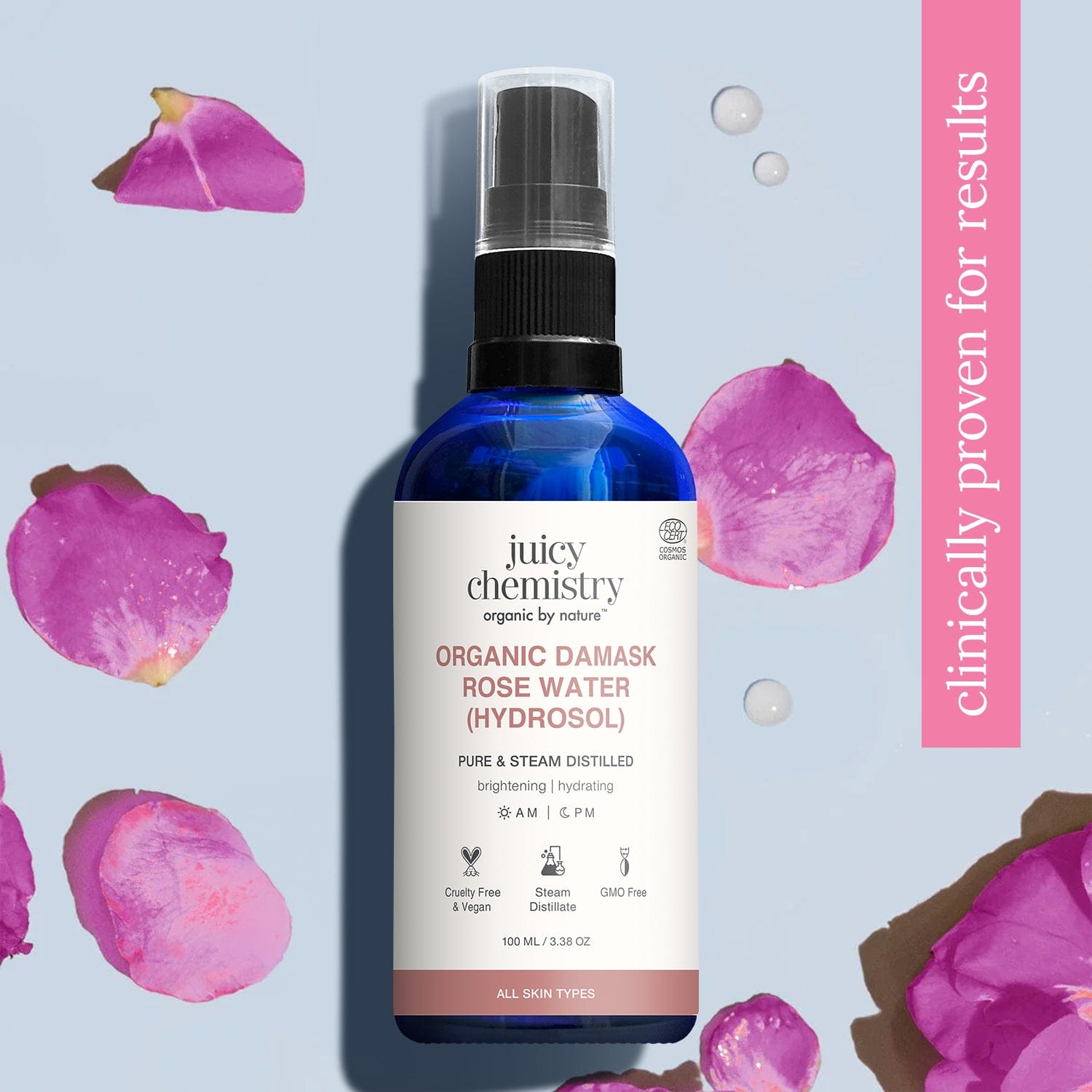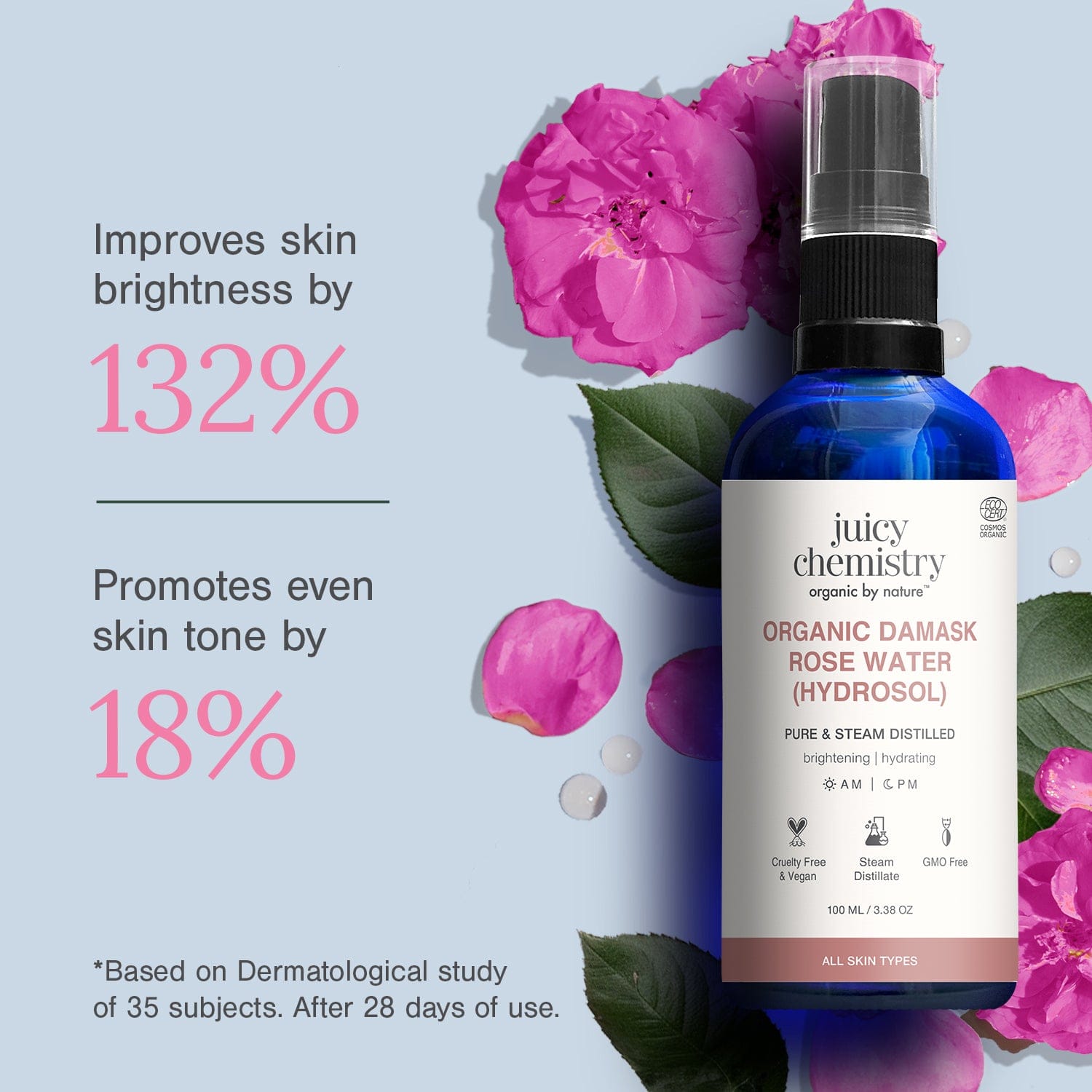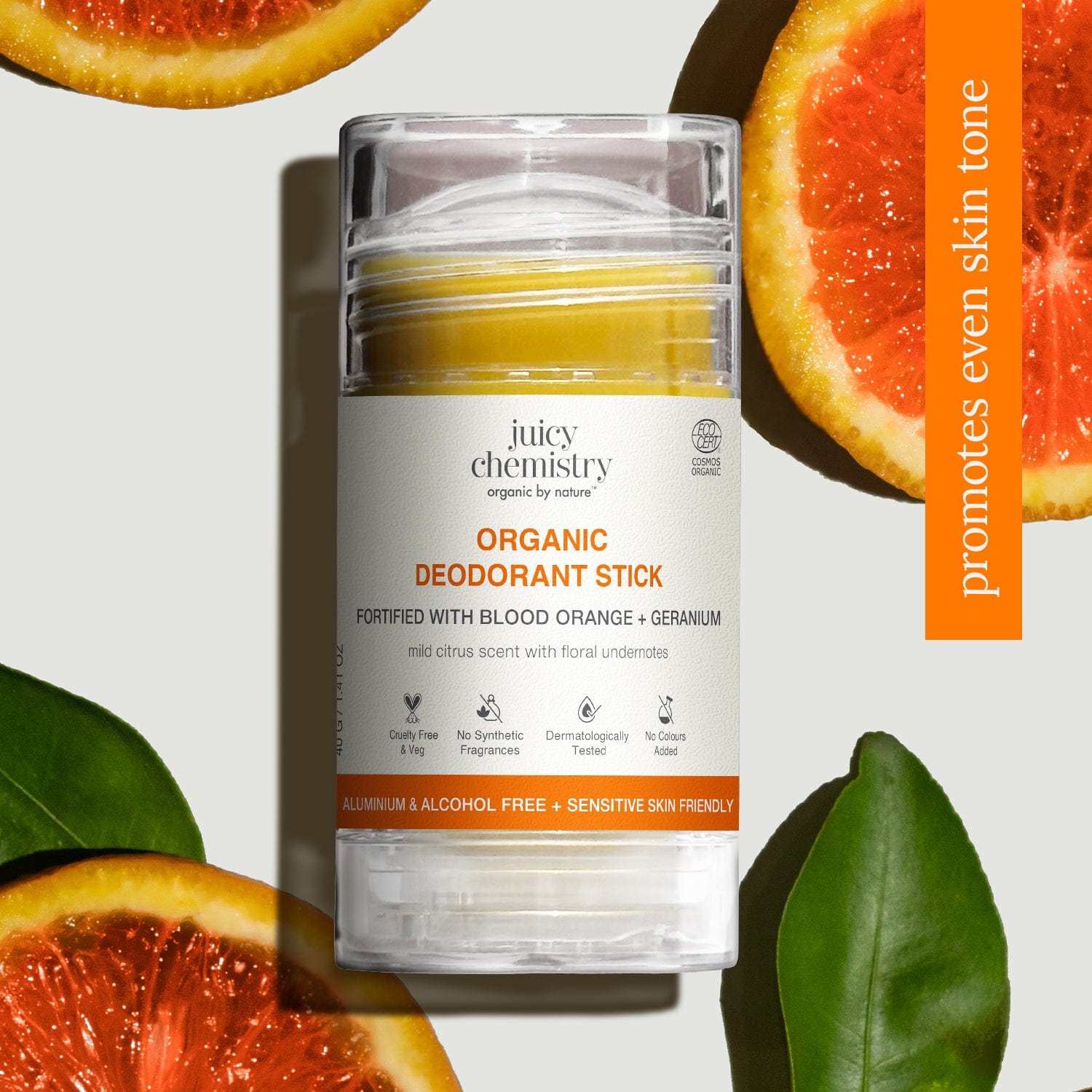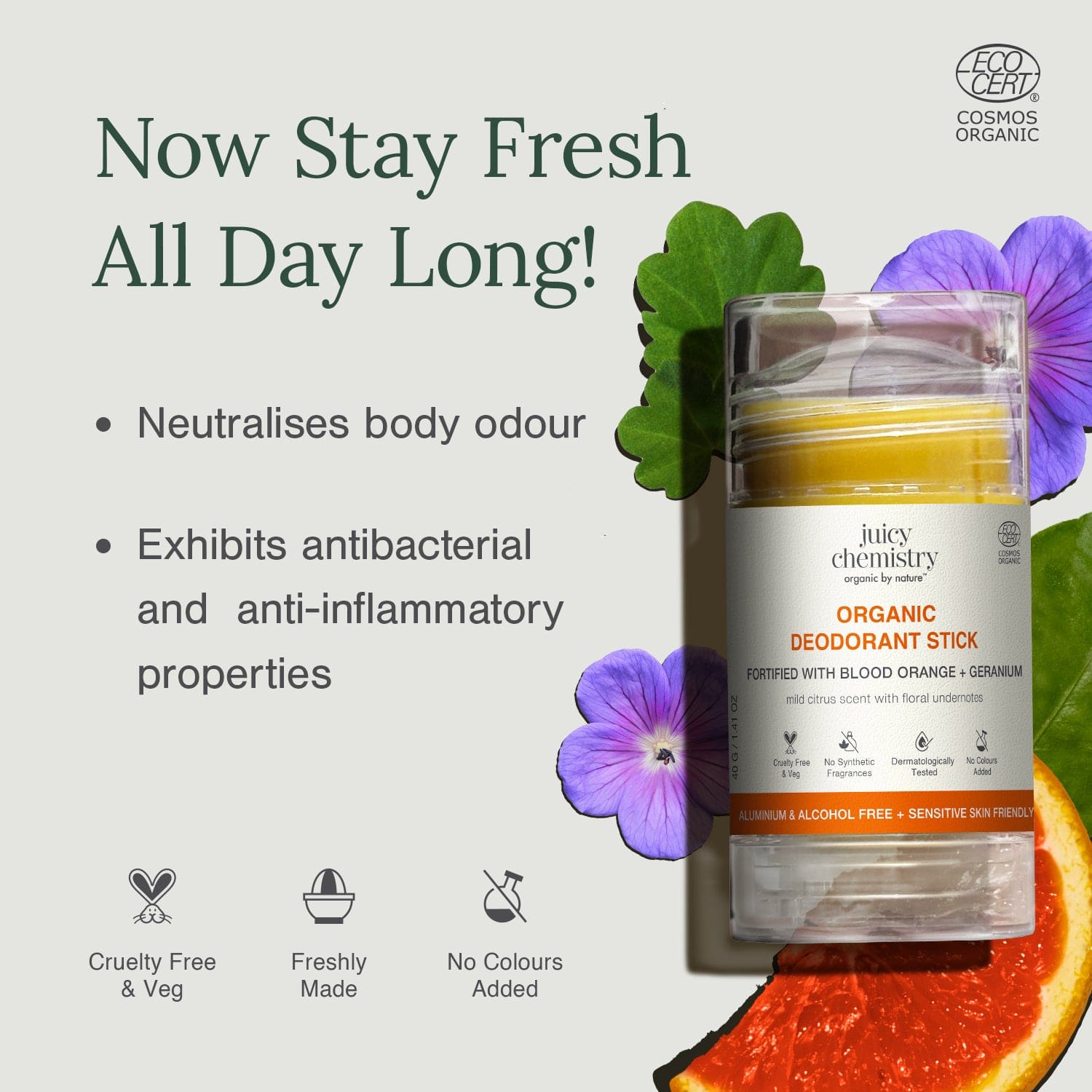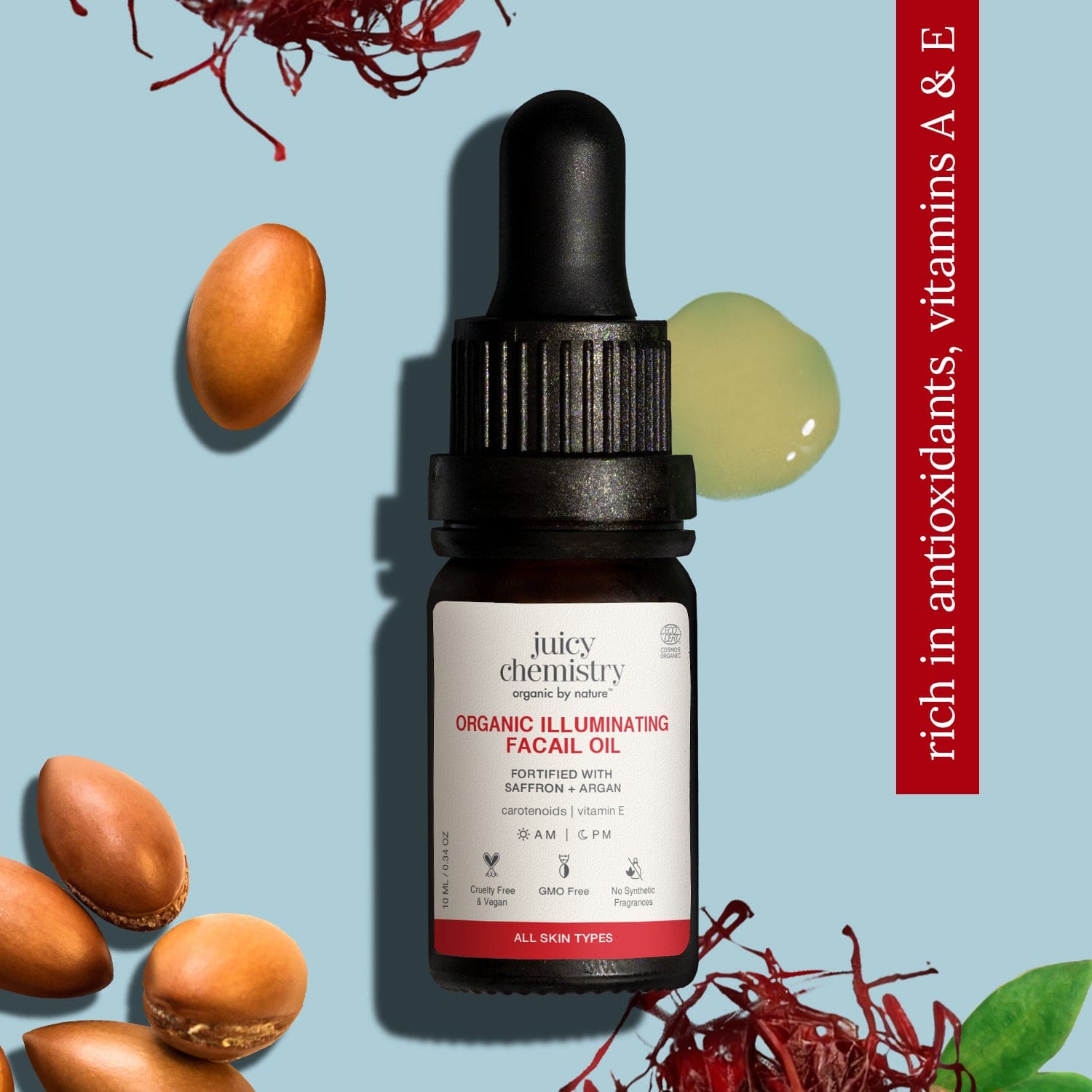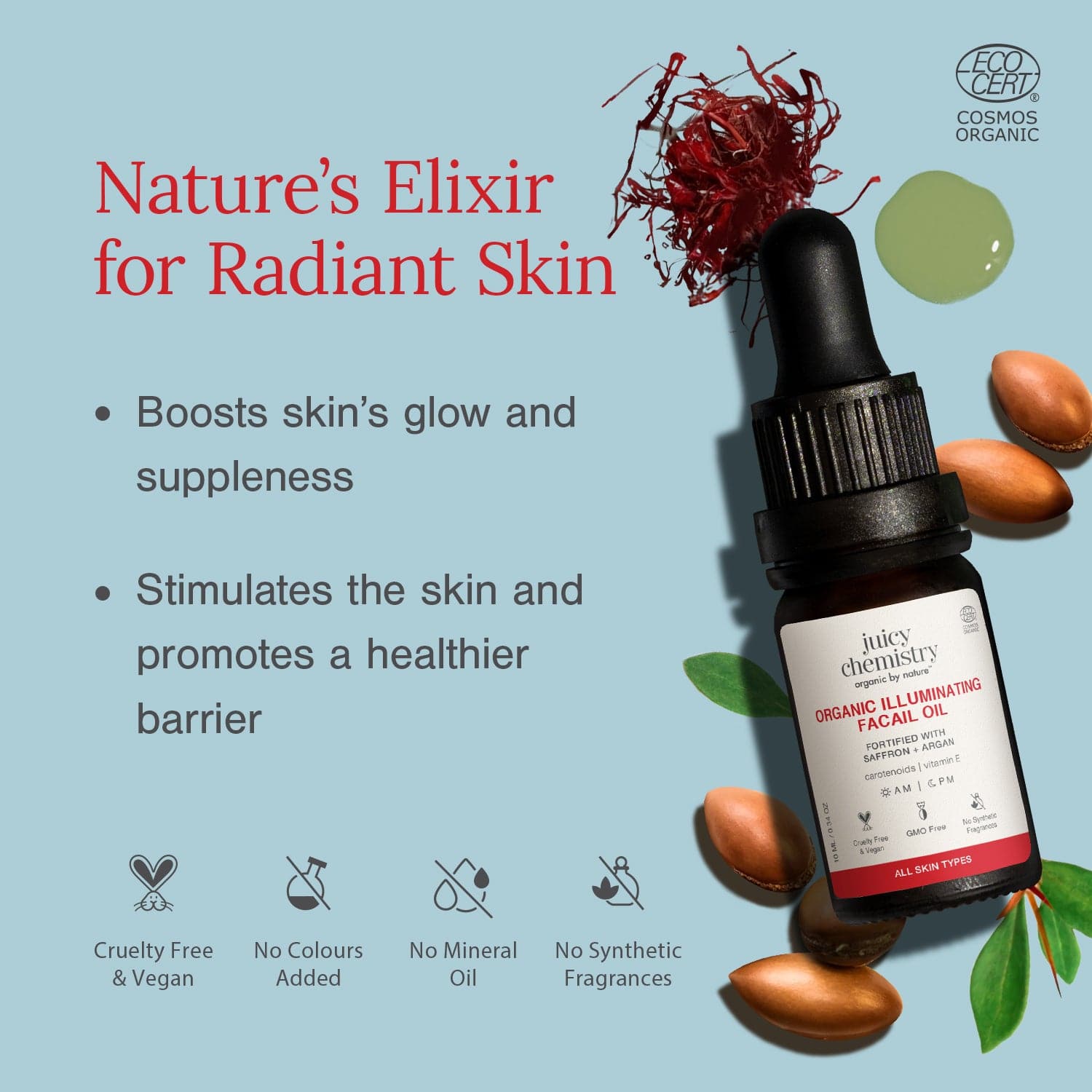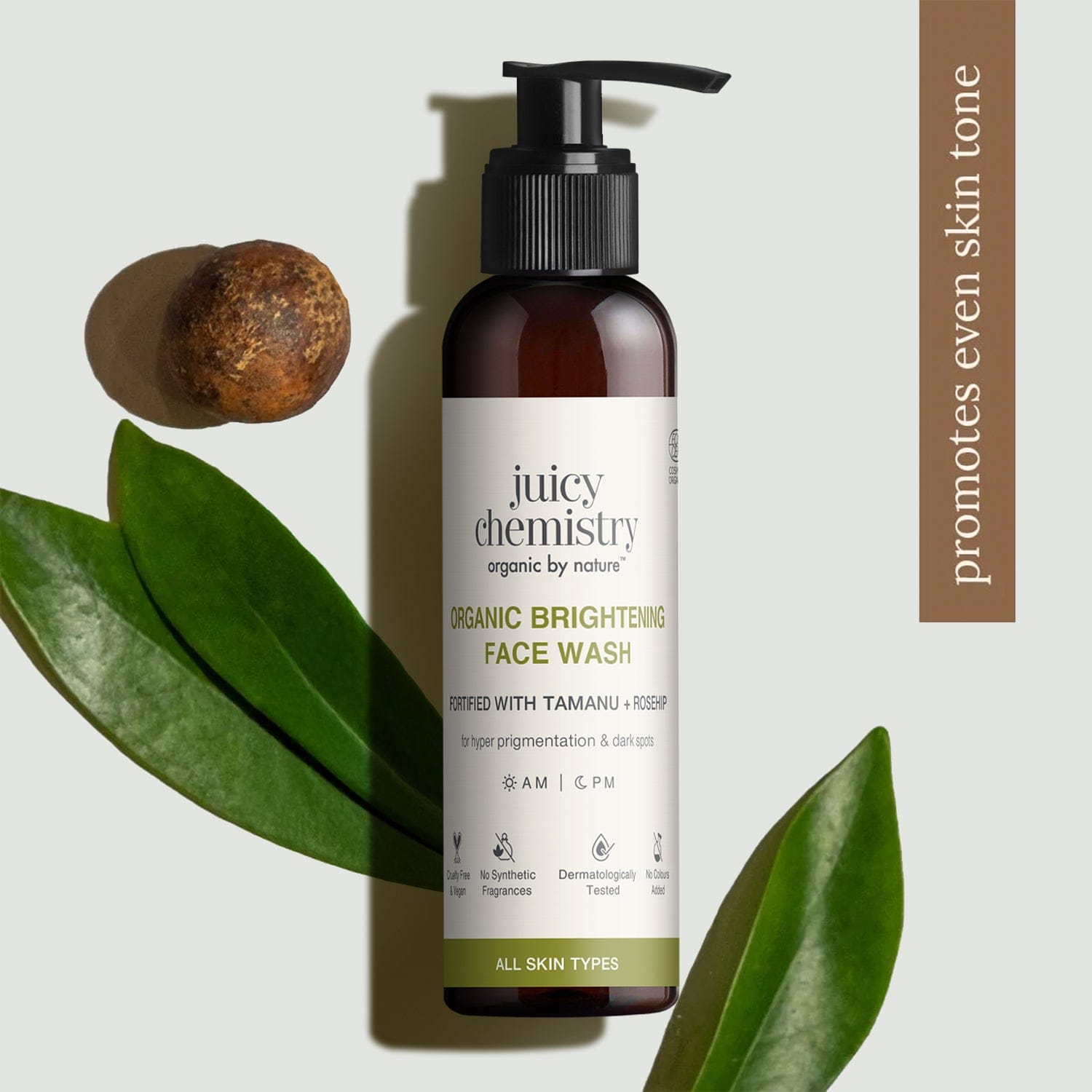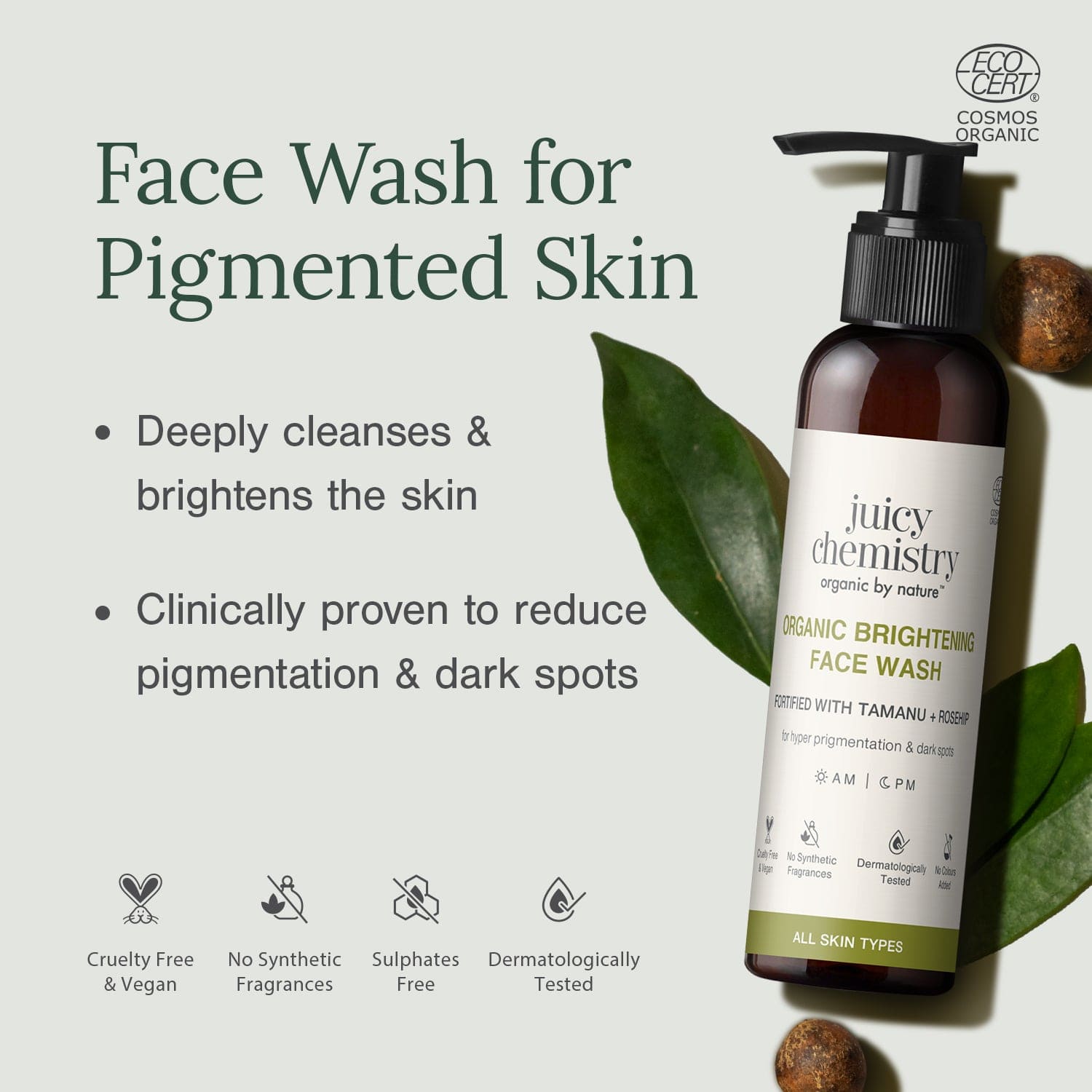How To Use Rosehip Oil For Acne
July 05, 2021How To Utilize Rosehip Oil For Acne Treatment
Acne is a persistent skin issue caused by the C. Acnes bacteria. It can affect nearly anyone, but individuals with oily skin are often more vulnerable to breakouts.
When it comes to treating acne-prone skin, many individuals tend to steer clear of oils due to concerns about pore blockage. However, certain oils are lightweight and non-comedogenic, which can assist in balancing your skin while minimizing both acne and the scars it leaves behind.
Contrary to common misconceptions, even those with oily skin can reap the benefits of facial oils, as they provide essential nutrients that nourish the skin. One effective oil for managing acne is rosehip oil.
Extracted from the Rosa Canina plant, this oil has been utilized in traditional medicine for centuries. Packed with phytonutrients and vitamins, rosehip oil is highly effective in combating acne and blemishes, promoting clear and even-toned skin.
Thanks to its emollient properties, cold-pressed rosehip oil is frequently incorporated into moisturizers and serums specifically formulated for oily, acne-prone skin.
What Is the Process of Extracting Rosehip Oil?
Similar to rose oil, 100% pure Rosehip oil is derived from rose plants. Rosehip refers to the small red fruit that grows on rose bushes found throughout Europe, Northwest Africa, and Western Asia. While rose essential oil is produced through steam distillation of rose petals, rosehip oil is extracted from the seeds of wild rose bushes.
These seeds undergo mechanical pressing to extract the reddish oil contained within. This oil is abundant in fatty acids, particularly linoleic and linolenic acid. Occasionally, the fruit is utilized to obtain the oil, but the majority of nutrients are concentrated in the seeds rather than the fruit. Consequently, the oil derived from seeds possesses a greater concentration of essential nutrients.
Is Rosehip Oil Beneficial for Acne?
Rosehip oil is classified as a dry oil due to its lightweight texture. It absorbs quickly into the skin, making it an ideal choice for those with acne-prone and oily skin types.
Acne-prone skin typically has elevated levels of oleic acid (Omega 9 fatty acid) compared to linoleic acid (Omega 6 fatty acid), which can lead to increased clogging. Fortunately, linoleic acid is plentiful in rosehip oil.
This oil aids in replenishing your skin with linoleic acid while balancing sebum production. This action helps to prevent clogged pores and minimizes the occurrence of acne.
Additionally, rosehip oil possesses anti-inflammatory characteristics that assist in soothing inflammation, which is a significant contributor to acne. Its vitamin A content also aids in regulating the rate of cell turnover.
As a carrier oil, rosehip oil can be applied directly to the face as a moisturizer within your daily skincare regimen.
Begin by cleansing and toning your skin. While your skin remains slightly damp, apply several drops of rosehip oil. This technique will facilitate even distribution of the oil. Gently massage it into your skin for a few seconds until it is fully absorbed. For optimal results, repeat this process twice a day.
You can also incorporate a few drops of rosehip oil into your face masks or moisturizers to enhance their nourishing properties.
Additional Advantages of Rosehip Oil for Skin
Beyond combating acne, rosehip oil offers numerous benefits for the face. Here are several ways that organic rosehip oil can contribute to achieving healthy skin.
- Packed with antioxidants, this oil shields your skin from oxidative damage caused by sun exposure.
- It serves as an excellent moisturizer, helping to keep your skin hydrated by preventing moisture loss.
- Rosehip oil can also assist in diminishing acne scars and hyperpigmentation resulting from sun damage.
- Consistent use can promote collagen production and help manage signs of aging, such as fine lines and wrinkles.
- It enhances skin texture and imparts a radiant glow to your complexion.
Cold Pressed Rosehip Seed Oil by Juicy Chemistry
JC’s Rosehip seed oil is the ideal choice for those with acne-prone skin, as it is derived from the seeds of organic wild rose bushes sourced from Lesotho. These seeds are freshly collected and utilized without undergoing any processing or refinement, ensuring maximum purity and effectiveness.
The oil is obtained through the cold-pressed technique, where the seeds are mechanically pressed to extract their oil. Our extraction method does not involve any heat or solvents. As a result, our organic Cold-Pressed Rosehip oil is abundant in antioxidants and possesses superior therapeutic benefits compared to oil obtained through the hot press method.
Juicy Chemistry's rosehip oil features a vibrant reddish-orange color, attributed to its natural antioxidants, along with a delicate woody fragrance. It absorbs quickly into the skin, leaving no oily residue after application.
Our rosehip seed carrier oil is certified Organic by Ecocert France in accordance with COSMOS standards. We utilize non-GMO seeds sourced from small farms that do not employ chemical fertilizers. Therefore, Juicy Chemistry's rosehip oil is entirely of natural origin, pure, undiluted, and devoid of any harmful additives that could negatively impact your skin or overall health.
Every one of our organic components, such as organic rosehip oil, is obtained in an ethical and sustainable manner from farms around the globe, ensuring no harm to natural resources. Additionally, we meticulously package our cold-pressed rosehip oil in a dark glass dropper bottle to prevent contamination and maintain its freshness.
Frequently Asked Questions
-
Should I apply a moisturizer along with rosehip oil for acne?
If your skin is normal, oily, or a combination of both, you do not need to use a moisturizer, as the oil will effectively keep your skin soft and well-hydrated. -
Is rosehip oil known to clog pores?
The comedogenic rating for rosehip seed oil is 1, indicating that the likelihood of it blocking your pores is minimal. -
Is rosehip oil appropriate for individuals with dry skin?
Those with dry skin should incorporate a moisturizer, as rosehip oil is primarily beneficial for oily and acne-prone skin types. -
Can rosehip oil be applied as a targeted treatment for acne?
Absolutely, rosehip oil can serve as a spot treatment.
While it is generally safe for topical application, we strongly advise performing a patch test first to ensure there are no allergic reactions. -
Is it safe to use rosehip oil during pregnancy?
Yes, it is generally safe, but it is advisable to consult your healthcare provider if you are expecting.
References
https://www.ncbi.nlm.nih.gov/pmc/articles/PMC5485961/ https://www.ncbi.nlm.nih.gov/pmc/articles/PMC5796020/ https://www.tandfonline.com/doi/full/10.1080/10942912.2013.777075

